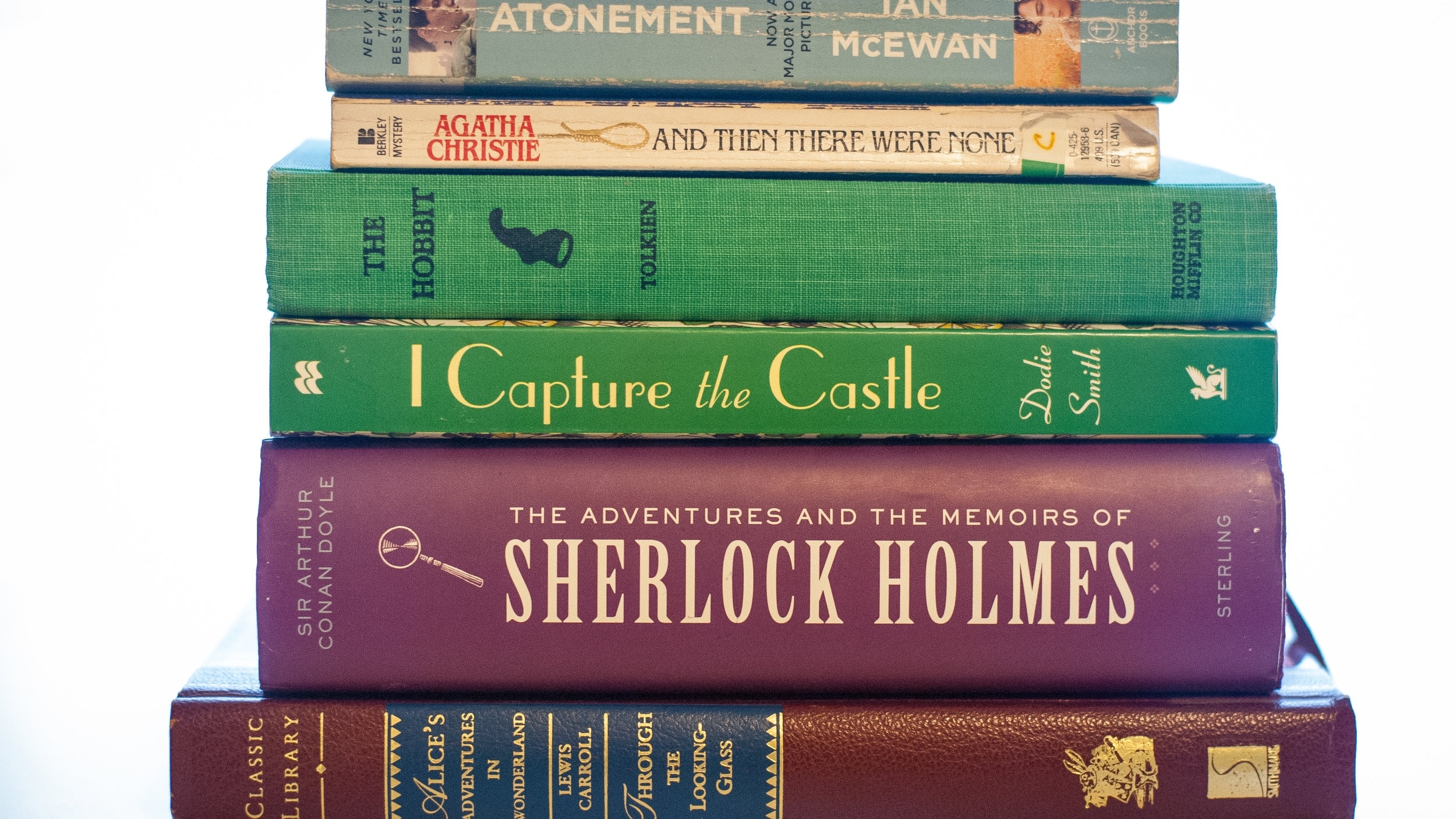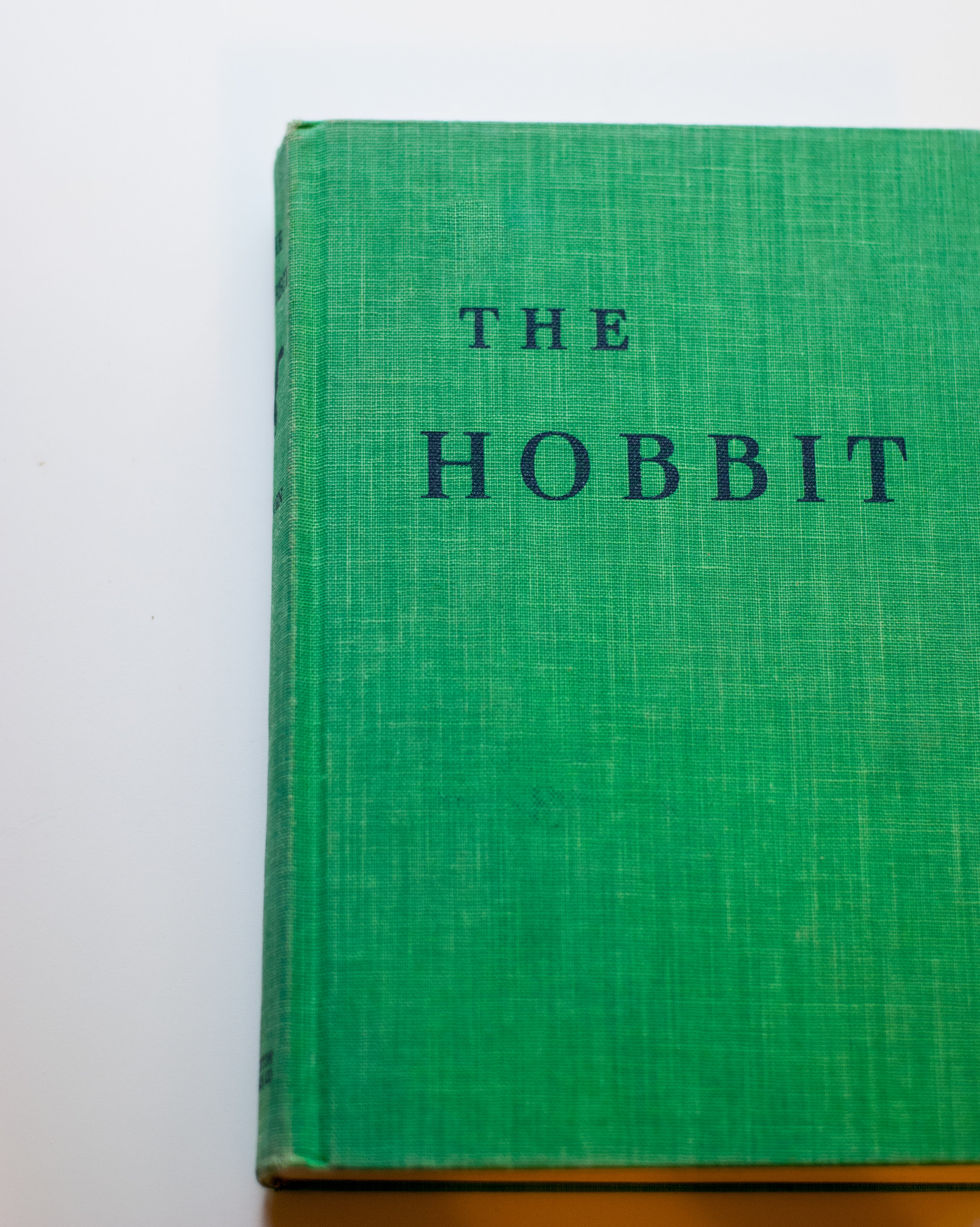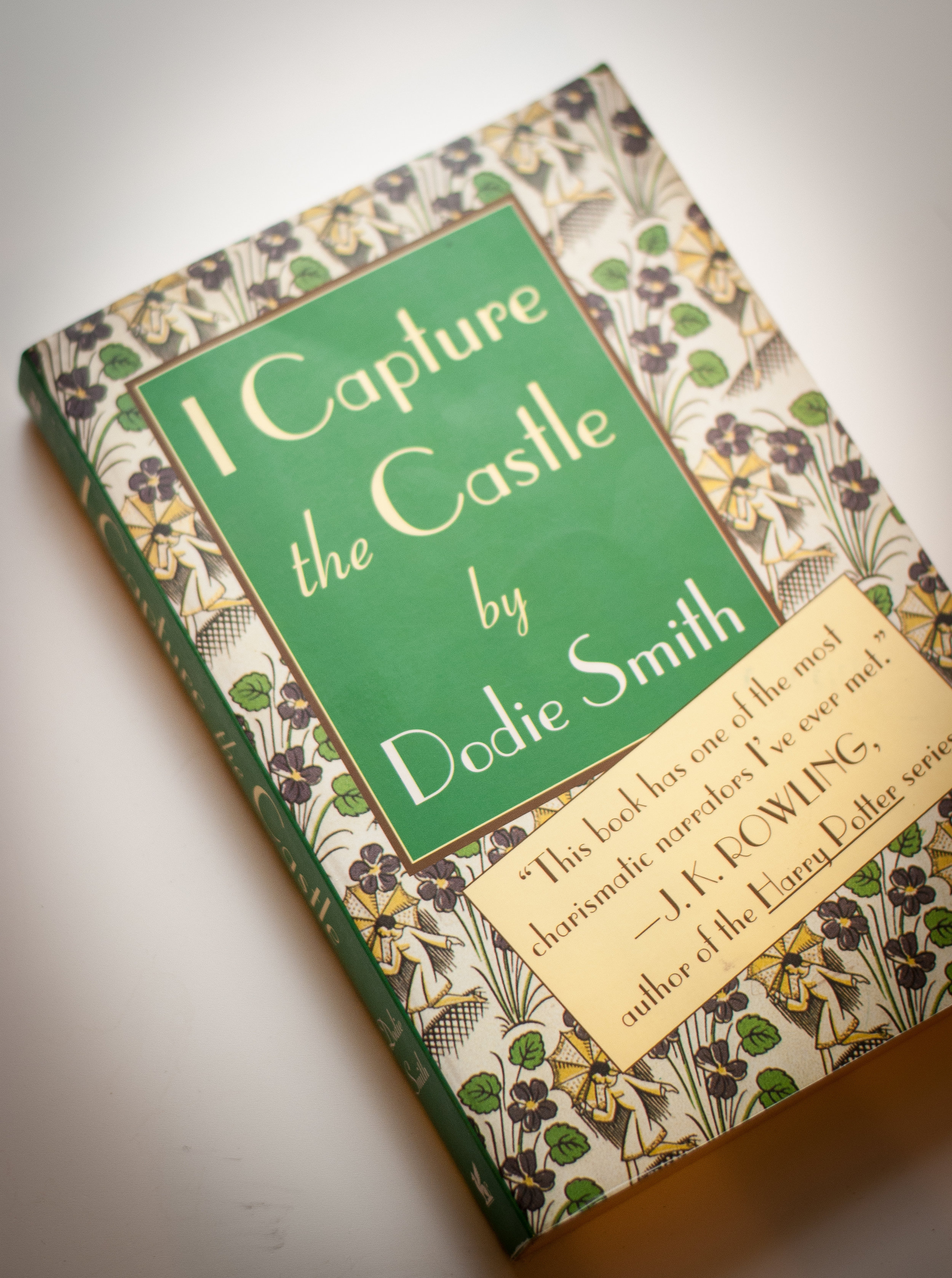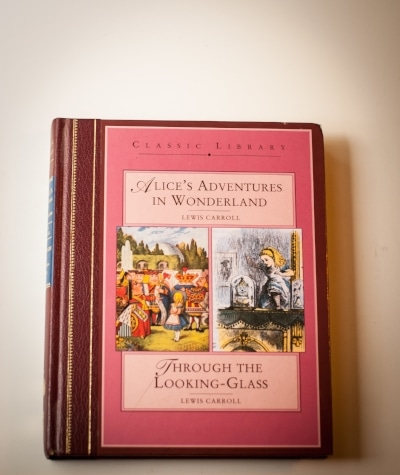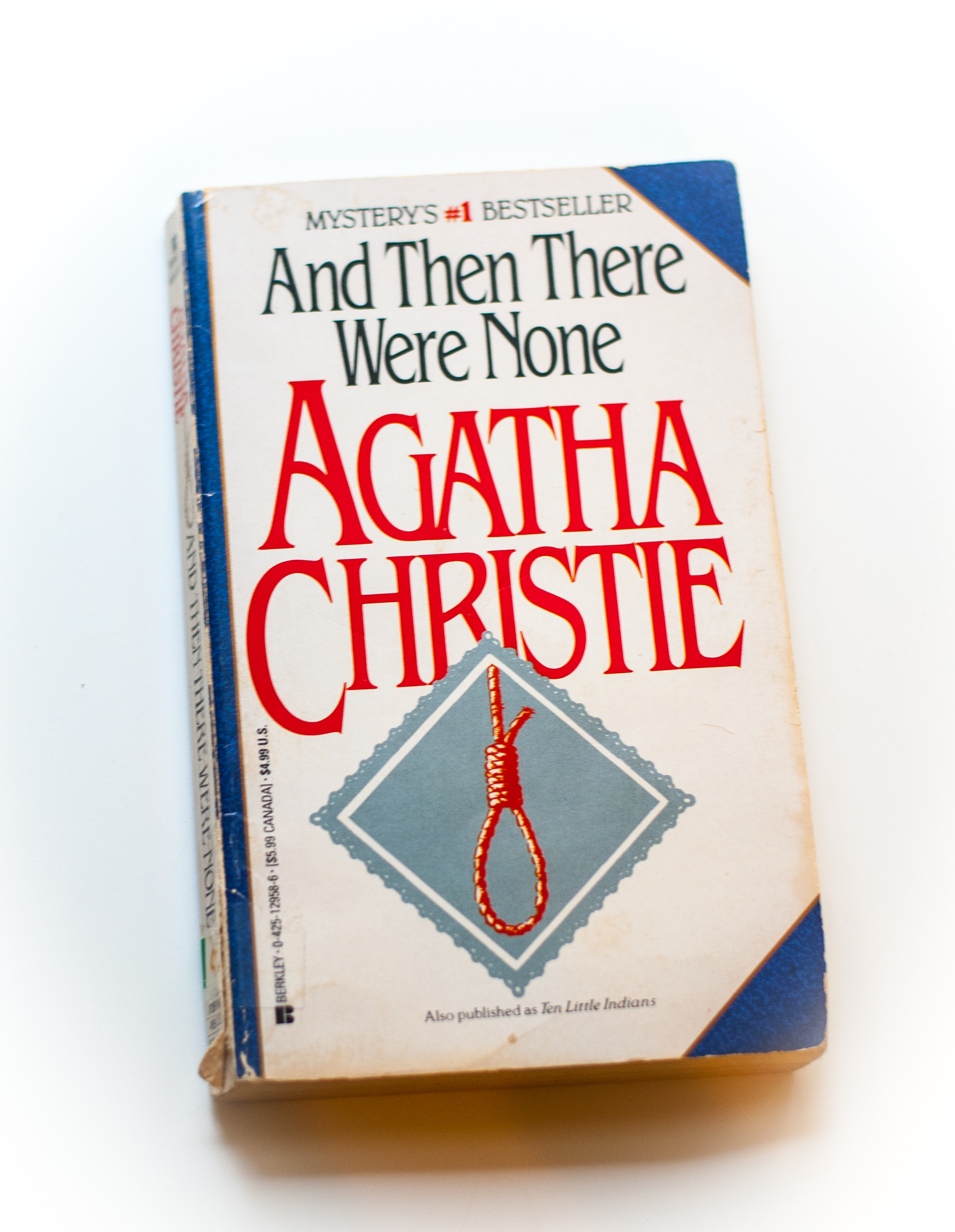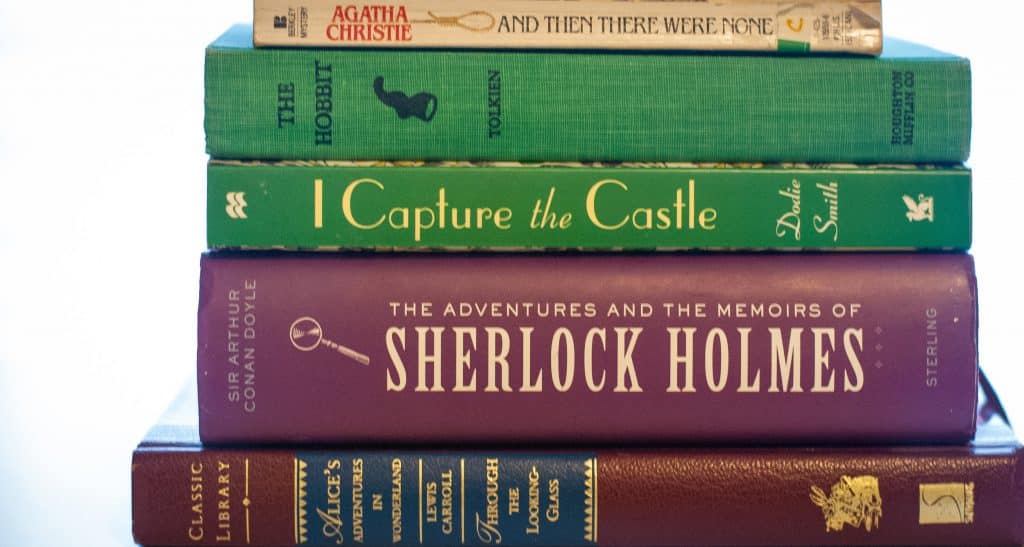
OPINION: 10 Times the book really was better
Photo courtesy of Shay Carlson
SHAY CARLSON, STAFF WRITER
The views and opinions expressed in this editorial are solely those of the original author(s) These views and opinions do not necessarily represent those of The Vision website or North Greenville University.
An increasing number of movies and tv shows have robbed their plots from books and while some are successful at bringing these stories into the visual medium, others are less triumphant. So at the risk of sounding like that one pedantically literature-obsessed friend of yours, here are some stories worth cracking a spine for:
Photo Courtesy of Shay Carlson
“The Hobbit”
It is no surprise for any Hobbit fans that this book makes the list. The three-part movie adaption of this fantastical adventure story was a drawn-out mess of special effects, twisted plots and inane character representation. Originally written by J.R.R. Tolkien as a story for children (whereas The Lord of the Rings Trilogy was aimed at adults), “The Hobbit” is a single-volume book that gives a more accessible glimpse into middle earth and the fight between good and evil while maintaining a lighthearted, playful attitude. For those whose only encounter with “The Hobbit” is through film, I would strongly encourage reading the book to see how Tolkien really intended the story to be known.
“The Great Gatsby”
Another predictable entry, “The Great Gatsby” is a triumph of literature that has held its place as a literary masterpiece for decades. Sadly, the hotly anticipated 2013 film version of the story, from ostentatious director Baz Luhrmann, told the story of Gatsby deprived of the romantic milieu that made the book so appealing. With spectacular sets, vibrant costumes and affected acting, the film was more reminiscent of a modern art piece inspired by “The Great Gatsby” than the actual story.
“Atonement”
The cinematic tour de force that was the movie adaption of “Atonement” had all the pieces to make Ian McEwan’s powerful story come to life. Despite the commendable casting, costumes, soundtrack and cinematography, the movie lacked the substance, character and the intended ending of the book. Despite the book carrying its own heavy dose of drama, the movie chose a sensational ending over the less dramatic, purposeful ending McEwan wrote, which sadly diminished the movie to a circular story of meaningless loss. A fascinating study of human perception, love and lies, “Atonement” is an absorbing book that keeps the reader spellbound until the very last word.
“I Capture the Castle”
Photo Courtesy of Shay Carlson
“I Capture the Castle” is a touching coming-of-age story that has become a treasured novel to those fortunate enough to have crossed paths with a copy. Written in 1948 by the author of “101 Dalmatians,” Dodi Smith, the writing of “I Capture the Castle” walks a fine line between humor and loss, family and romance, naďvety and wisdom. The 2003 film version of the story brought this heartwarming story to life in a way that only those familiar with the book will appreciate. The approachable and unique voice of Smith makes “I Capture the Castle” a must-read.
Sherlock Holmes
Sherlock Holmes has become a popular figure in both movies and TV recently, and has been represented in a variety of ways. While many of the recent Sherlock adaptions are worthy relations to the books, the writing of Sir Arthur Conan Doyle is saturated in an aesthetic, unlike any other mystery writer. A master of story, the works of Arthur Conan Doyle should be both read as well as watched.
“Alice in Wonderland” and “Through the Looking Glass”
Photo Courtesy of Shay Carlson
The story of Alice in Wonderland is one of dark whimsical fantasy that harkens to the opiate-induced imagination of its creator, but what the recent movie adaptions lack that make the story of Alice so special is the poetic wisdom that Lewis Carol scattered throughout his writing. While we are all familiar with the story of the girl who fell down a rabbit hole, the true delight of the story lies in the way Carol tells the story; showing the human condition and raising moral questions through his descriptive writing and lyrical characters, an element of clever subtlety completely absent in the films.
The Chronicles of Narnia
Though it can be a challenge for filmmakers to provide an exact retelling of books that are part of a series, the Narnia films especially missed the mark. The beloved seven-book children’s series tells the story of children from our reality transported into a magical land to banish evil and restore the kingdom of Narnia to its rightful heir (with “The Horse and His Boy” being the exception). Sadly, the movies were flanked by poor casting, poor special effects and focused heavily on the action and fantastical elements of the story; completely missing the Biblical, moral and relational elements that make Narnia such a special series. Enjoyed by children and adults alike, Narnia is a series that manages to combine relational elements and important philosophical questions with cherished characters and exciting plots, earning it a special place on every bookshelf.
“The Count of Monte Cristo”
An epic by Alexandre Dumas, “The Count of Monte Cristo” is the tale of a man imprisoned for a crime he didn’t commit and through the process of revenge and struggle learns an important lesson. Though the 2002 film adaption of the book captured the excitement and drama of the book, it completely missed the point of struggle and journey the main character endured when they changed the ending of the story. Unfortunately, the moral and psychological lessons to be learned through “The Count of Monte Cristo” are completely missed when the story is void of the ending Dumas intended.
“And Then There Were None”
Photo Courtesy of Shay Carlson
This gripping mystery written by Agatha Christie is undoubtedly one of her best novels and is the sixth best-selling single-volume novel of all time. While there have been several stage, TV and film adaptions of this book, none have managed to tell the story with as much suspense and refinement as the author herself. The story follows 10 people invited to an island by an unknown host and accused of a past murder which not only leads to each revealing their darkest secrets, but to their own murder. This incredible mystery is told no better than through the words of the queen of mystery herself, Agatha Christie.
“Mortdecai”
A series of comic-thriller books written by Kyril Bonfiglioli that follow the adventures of a disreputable aristocrat art dealer, “Mortdecai” echoes the writings of P.G. Wodehouse in its idealistic and quirky manner. The series quickly became a cult classic after their initial release in the 1970’s and fans from around the globe were eager for the 2015 film adaption starring Johnny Depp. Sadly, the irresistible characters and fantastical plots stayed relegated to the page and the character of Mortdecai was lost in the character of the actor himself.
